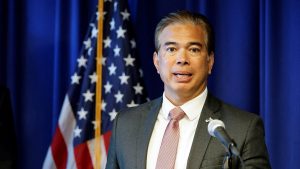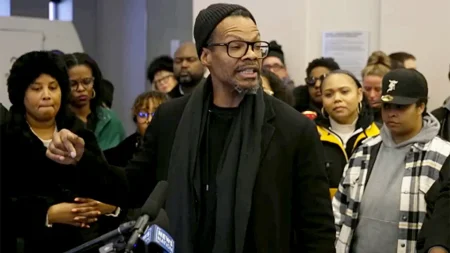Trump Administration’s Coal Miner Safety Concerns
President Trump has consistently portrayed himself as a champion for coal miners, making their plight a centerpiece of his economic messaging and promising to revitalize the industry. His rhetoric has resonated with many in coal country who felt forgotten by previous administrations. The President’s public statements have regularly highlighted his commitment to coal communities, promising to end what he called a “war on coal” and restore mining jobs across Appalachia and other coal-producing regions.
However, a significant disconnect has emerged between the administration’s pro-coal rhetoric and its approach to enforcing critical workplace safety regulations. Miners themselves are now speaking out about what they perceive as dangerous lapses in enforcement of regulations limiting exposure to coal dust and silica – the primary causes of black lung disease. This potentially fatal respiratory condition has seen a troubling resurgence in recent years, particularly in its most aggressive forms. Despite this alarming trend, the miners claim that the very administration that promised to protect them is now failing to enforce the regulations that could prevent further cases of this debilitating disease.
The miners’ concerns center on the administration’s approach to monitoring and limiting exposure to respirable dust in underground mines. These microscopic particles, when inhaled over time, cause irreversible damage to the lungs, leading to progressive shortness of breath, chronic cough, and eventually respiratory failure in severe cases. The previous administration had implemented stronger standards for dust control after evidence showed rising rates of black lung among younger miners. Current and former miners allege that these standards are now being inconsistently enforced, with some inspectors reportedly showing leniency during compliance checks or failing to issue violations for dust levels that exceed permissible limits.
For the affected mining communities, this situation creates a painful contradiction. Many miners supported the President precisely because they believed he understood their economic anxieties and valued their contribution to America’s energy independence. They welcomed his promises to revive the industry but did not expect that workplace safety standards would be compromised in the process. The families in these communities have witnessed firsthand the devastating effects of black lung disease across generations – fathers and grandfathers who struggled for breath in their later years, dependent on oxygen tanks and unable to enjoy retirement after decades of hard work underground. Their concerns transcend politics – they simply want to ensure that today’s miners don’t face the same fate when preventative measures are available.
Industry representatives and some administration officials have pushed back against these criticisms, arguing that they are committed to miner safety while also reducing what they characterize as excessive regulation that hampers the industry’s economic viability. They point to investments in research for better dust monitoring technology and initiatives to educate miners about protective equipment. Some also suggest that the rise in black lung cases reflects past exposure rather than current conditions. However, health experts and advocacy groups counter that weakening enforcement sends exactly the wrong message at a critical time when advanced black lung cases are appearing in miners at younger ages than previously observed.
The situation highlights a fundamental tension in the relationship between government, industry, and workers in hazardous occupations. Miners understand the inherent risks of their profession but also expect that established safety standards will be consistently enforced to mitigate those risks. As this debate continues, the miners themselves emphasize that their criticism comes not from political opposition but from a desire to hold the administration accountable to its promises to protect them. They seek acknowledgment that their long-term health should not be compromised in pursuit of short-term economic goals or regulatory reform. Their message is straightforward: true support for coal miners must include vigilant protection from preventable workplace hazards that can shorten lives and devastate families.










